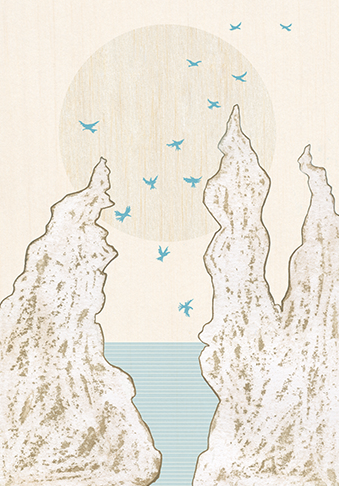Until death do us part?
Swedish cemeteries from and inter-faith and no-faith perspective
Keywords:
interfaith, interreligious, secular, rituals, death, the religious other, cemetery, neutralAbstract
In life, identity is based on many things. In death, people tend to be identified more on the basis of religion: separate cemeteries for Jews, Buddhists and the Plymouth Brethren, separate quarters for Muslims, Yezidis, Bahá’í and Orthodox Christians. However, it is not true that cemeteries are only a place for religious division. They are also public spaces and, as such, places where people from all walks of life go. Cemeteries are places where religious preferences and customs are negotiated in a very special way.
In this article, practical and theological aspects of cemeteries are discussed from an inter-religious point of view. What areas of conflict are there? How do people of different faiths reflect on each other and the option of cohabiting in death? To what extent are the preferences of different religious groups met in Swedish cemeteries? To some extent, these practical and theological questions pertaining to cemeteries may serve as a lens that sharpens our eyes to challenges of religious freedom and our chance to live (and die) together.

Published
How to Cite
Copyright (c) 2023 Jakob Wirén

This work is licensed under a Creative Commons Attribution 4.0 International License.









